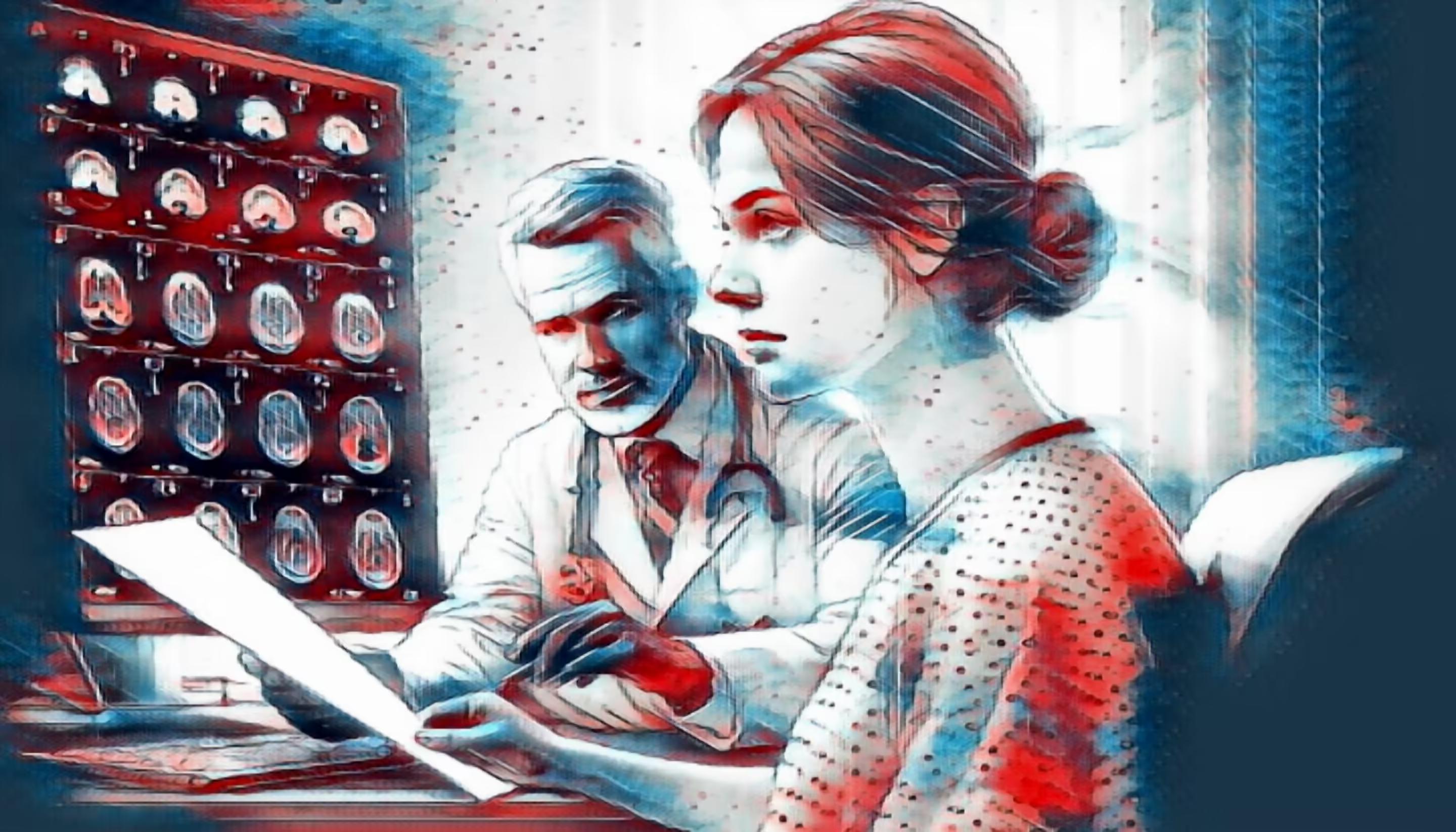It is important to understand that everyone's body reacts differently to an accident impact. You may feel pains right away, or it may take a few days for your body to settle and show signs of injury.
Motorcycle accidents tend to impact the body more significantly than car accidents. Being exposed on the road leaves a motorcyclist more susceptible to serious injury. Like all roadway accidents, motorcycle accidents must be taken seriously. A minor headache could indicate a severe underlying injury. Do not ignore minor symptoms - consult a doctor immediately.
Signs of a brain injury could include physical, emotional, cognitive, or sensory issues. For example, you may experience headaches, dizziness, or even fatigue days after an accident. These developments may also result in a change in sleeping habits.
More severe effects might occur at the time of the accident. A cyclist who is hit hard enough may lose consciousness. A physical brain injury could also cause vomiting, nausea, and slurred speech.
Losing consciousness will affect nearly all senses, impairing the ability to function. Impairment of senses includes sensitivity to light or noise, blurred vision, changes in taste, and ear ringing. Although you may not feel pain, these are indicators of an underlying brain injury.
A brain injury may also have an emotional effect. In some cases, victims of brain injury experience spells of depression and constant mood changes. The emotional influence of an accident could also make it harder to concentrate and impact short-term memory, affecting an individual's cognitive ability and impairing decision-making and routine tasks that seemed easier before the incident.
All symptoms listed above could be indicators of severe underlying brain damage. If you experience these within a few days or weeks of an accident, please do not brush it off and seek medical attention as soon as possible.
